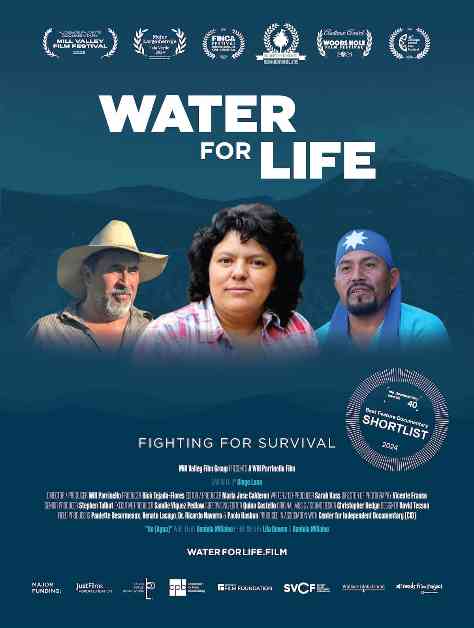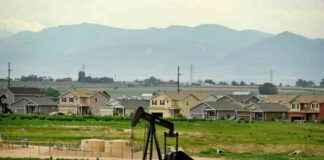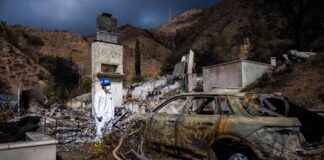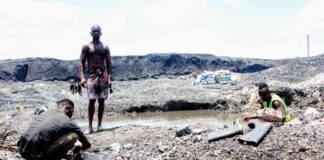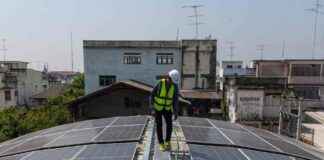Water For Life kicked off its journey when filmmaker Will Parrinello and his crew tagged along with environmental activist Francisco Pineda over 14 years ago. Pineda, a recipient of the Goldman Environmental Prize, was on a mission to halt the progress of a gold mine in El Salvador, his homeland. Parrinello revealed, “He doesn’t say this in the movie, but he mentions often – you can’t just roll in here and wreck our precious water resources and our way of life. We’re content being subsistence farmers. Sure, we want a better future for our kids. We want them to get a good education and healthcare. But truth be told, we’re pretty satisfied with our farmer lifestyle here.”
Drying up of funds as Parrinello continued to film Pineda and his community’s struggle led him and his filmmaking partner to broaden the scope of the narrative. “Hey, why don’t we weave together three tales that highlight these recurring themes of exploitation and lawlessness happening all across Latin America, serving as symbols of similar accounts unfolding globally – Africa, Asia, the Pacific, and now even in North America?” he suggested. The outcome materialized in the form of the feature-length documentary Water For Life, intertwining Pineda’s narrative in El Salvador with that of Chilean activist Alberto Curamil, fighting against a detrimental hydroelectric dam on Mapuche Indigenous territory, and Berta Cãceres of Honduras, advocating for water rights, all while being narrated by actor Diego Luna.
Each protagonist and their allies are battling to uphold access to clean water, be it for themselves, their livestock, or their crops. At one juncture in the film, Curamil gets apprehended on bogus charges, while both Pineda and Cãceres face threats to their lives. As a filmmaker and environmental advocate, Parrinello has observed a heightened emphasis on water rights. “There’s a strong push from big corporations to privatize water due to its immense value and potential profitability,” he explained. “The grassroots movements have managed to thwart large-scale privatization. Not quite sure how long they can hold out, as the commodity grows increasingly precious amidst the backdrop of climate change.”

